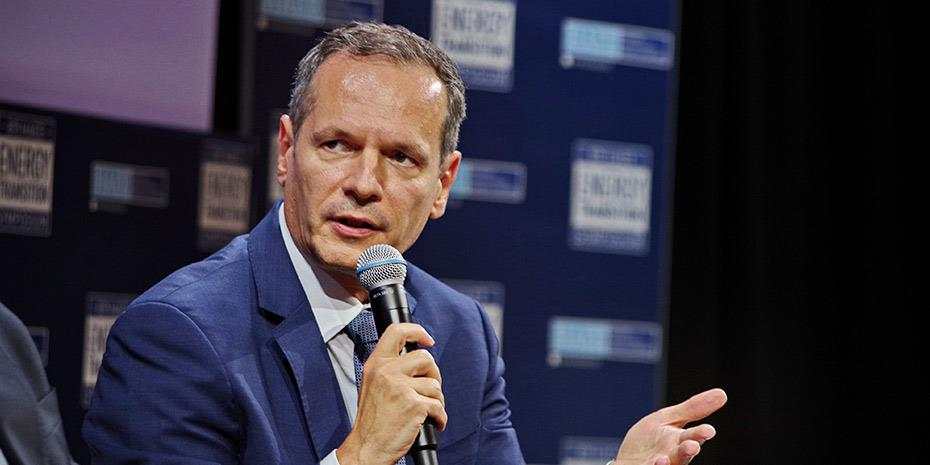
Manos Manousakis, President and CEO of IPTO, focused on the management of the new reality brought by the high penetration of RES, which now reaches 60% in the domestic energy mix.
As he pointed out in an energy forum, the basic prerequisite for the introduction of more RES plants that will bring cheaper electricity is the construction of more electricity grids. The head of IPTO expressed optimism that "green" investments will continue, noting that in this direction, a "quasi-second transmission system" will need to be developed to accommodate the large influx of RES expected over the next decade. He added, however, that this is a difficult and time-consuming process, given that there are licensing issues that have yet to be resolved. "As much time as it takes to build a project, another amount of time is needed to license it," he commented.
Aiming to ensure that investments in new grids, which are needed to connect RES, are implemented in a timely manner, at a reasonable cost, and with the greatest possible social consensus, Manousakis highlighted as a critical parameter the siting of renewable energy production units, based on the potential of the electricity system. In this way, he said, the national energy goals will be achieved more quickly and with fewer difficulties.
On the issue of curtailments, he noted that storage would smooth out the issue of "green" generation constraints caused by low demand, but since they would operate within the market, they would not contribute to the discharges that occur due to congestion.
On congestion in particular, he pointed out that it is an issue that is also observed in other countries, giving the example of the United Kingdom, where new renewable energy plants, precisely for this reason, wait many years to be connected to the grid.
He stressed, however, that even if there was an infinite grid, demand constraints would still create the need for curtailment, something that investors should take into account in their business plans.
"We are all taking risks in the energy transition; it is a process that is mandatory due to the climate crisis, and we should all try to manage it so that it is done with the least possible losses and risks," he said.
"The situation has changed and we have moved to a competitive market," he continued, saying that there is no "black box" in Greece in terms of information for investors as the Ten-Year Development Plan gives a clear picture of how the system will be shaped over a ten-year period, as well as forecasts for the evolution of demand, in line with the assumptions of the National Energy and Climate Plan.
Because the electricity market is already full and there is a European directive that covers this, IPTO is legally protected when producers file claims for compensation. Mr. Manousakis said that this is basically the government's policy on the issue being protected. On this basis, he made it clear that the operator cannot be liable to pay compensation made to maintain the stable operation of their system.






